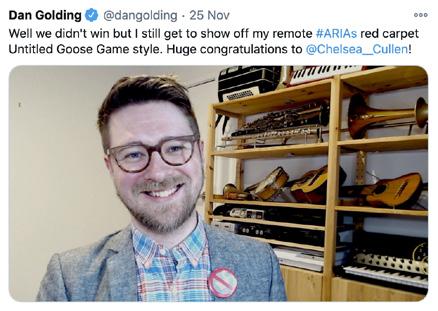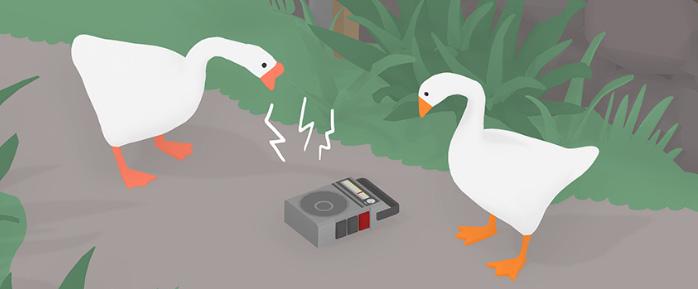
3 minute read
Playing the game of 2020
from Sentry, Dec 2020
by NTEU
Dan Golding, Swinburne University
The thing that I’ve noticed about 2020 is how much energy I’ve spent on the things that really should have nothing to do with my job.
Advertisement
I’m not even talking about the new era of recording lectures at home. I’m not talking about communicating with students exclusively via forums or as black boxes over Zoom. I’m not talking about endless, interminable, eye-watering, headache-inducing online meetings. For better or worse, when you look at a pandemic year, it at least makes some kind of vague sense that these things have become part of our work lives at universities.
What I’m talking about is the energy spent in 2020 on trying to keep a job, and trying to keep that job as something you actually want to live with.
I’m talking about the endless worrying and strategising about bottom lines and vice chancellors and redundancies and restructures. About what to do if a spreadsheet somewhere indicates that you and your colleagues are no longer a net positive for the university. What’s the plan? How do we make sure that the right people are hearing the right things? That the publications are being logged – in the right FOR code – and that your profile is up-to-date for the unknown moment when a decision maker casts their cost-saving eye across your name and your profile here on planet Earth.
The thing is, 2020 was otherwise quite a successful year for me, taken in complete isolation. I’m a researcher and teacher in the Swinburne Media and Communication department, and my work covers film, games, and music. These industries were worth studying in 2020. The film industry continues to find creative workarounds for both making and watching movies despite difficult times.
The games industry became, Steven Bradbury-like, one of the only creative industries who could carry on work as normal during a pandemic. Drawing on my own research, I created a soundtrack for a videogame (called Untitled Goose Game) that became the first game soundtrack ever nominated for an ARIA.
I have been extremely lucky, and usually, I’d be working to turn that luck into a good story for the things that I study and for my university. Instead, how much time did I spend worrying and talking about the Morrison Government’s back-of-a-napkin plan for defunding of the entire sector, its passage through parliament (thank you, Centre Alliance), and the impact it would have on my ability to do my job?
How many sums did I do over student debt, fees, and government contributions? How often did I wonder about, if my area folded, whether there’d be anything left of my field at all nationally to turn to? Too much of 2020 was this. At a time when the Government should have enabled its universities to excel and lead the pandemic recovery, they instead tasked every university worker with watching their own back.
At a time when Vice-Chancellors should have enabled their staff to show each and every student why a life of debt might still be worth it, they instead tasked us with spending what little energy we had left with running redundancy interference. As well as the year of the pandemic, as well as the year of online everything, 2020 was for uni workers the year of trying to pre-empt and manage a series of terrible decisions made many layers above your pay grade.
Instead of thinking about research, instead of thinking about teaching, we thought about plans for the future, and plans for unemployment. Far, far, far too many have been forced to enact those plans.
Those who remain at our universities, when not facing a cruel kind of survivor’s guilt in a sector destroyed by politicians and all-too-willing university leaders, will have to figure out what comes next. •


A still from Untitled Goose Game

